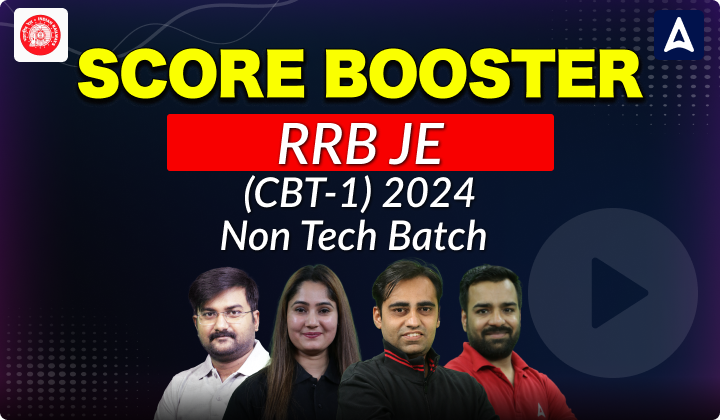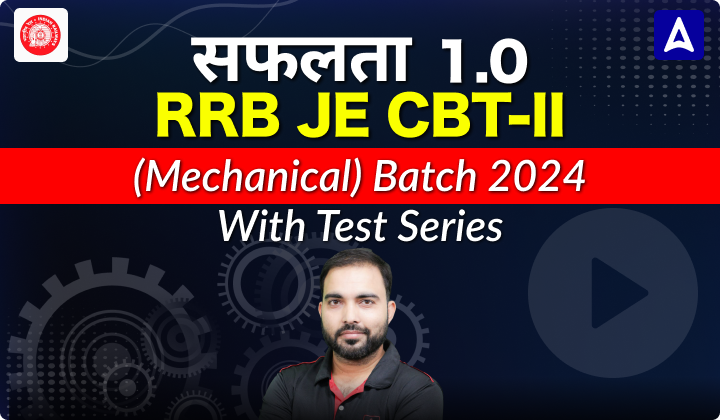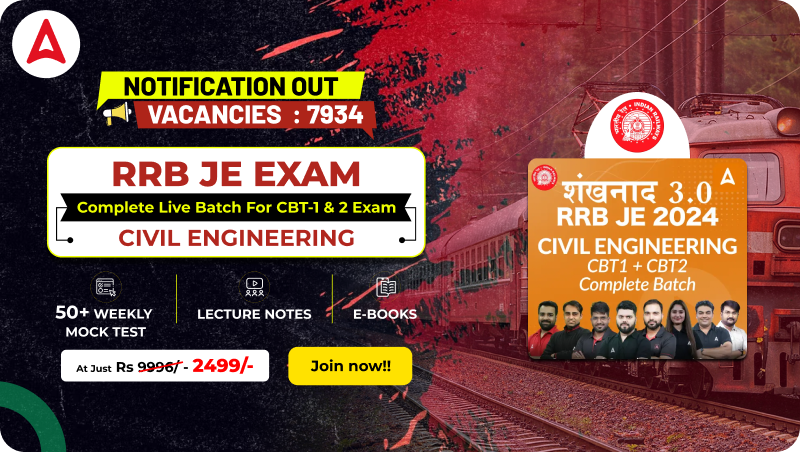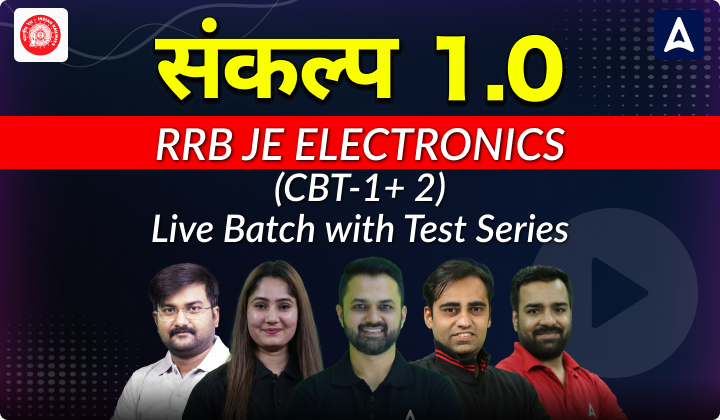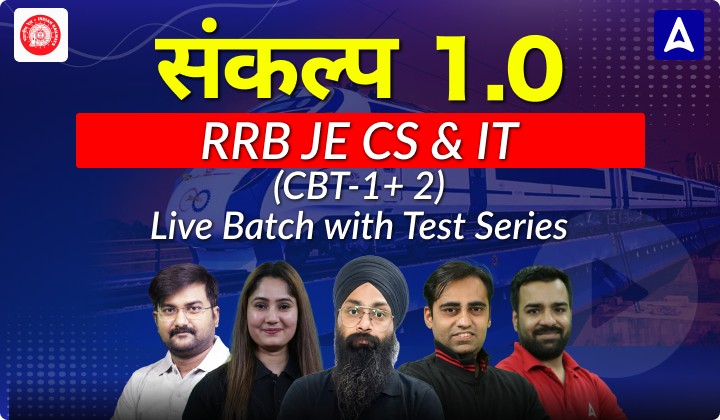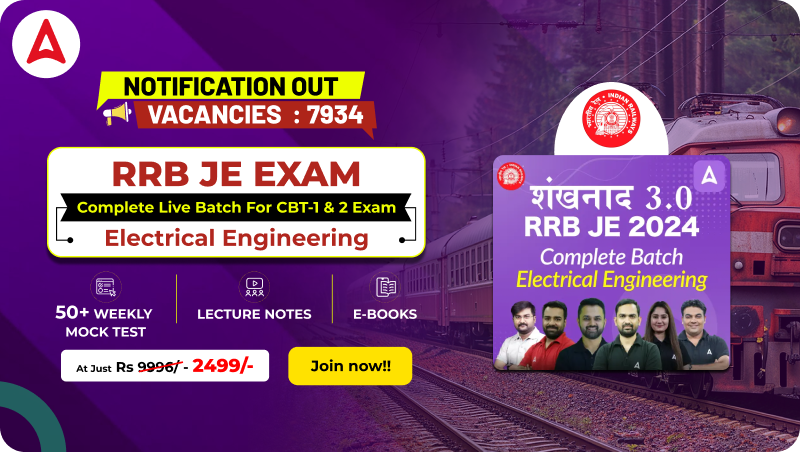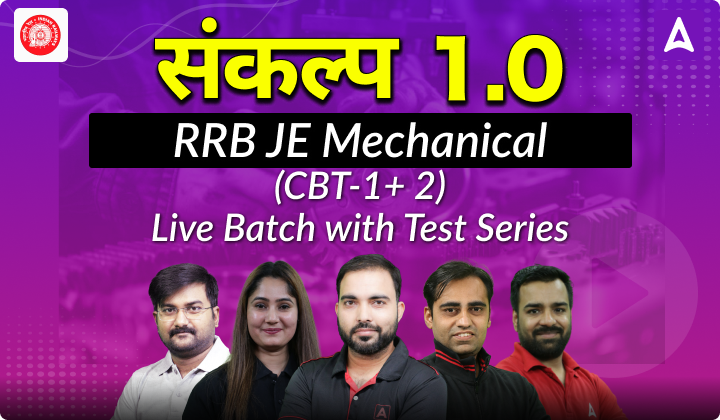Quiz: Mechanical Engineering
Exam: UPPSC AE/Lecturer
Topic: Power Plant
Each question carries 3 mark
Negative marking: 1 mark
Time: 8 Minutes
Q1. What is the main purpose of clearance volume in reciprocating air compressor?
(a) to increase the work done per kg of air delivered
(b) to increase the volumetric efficiency of the compressor
(c) to accommodate the valves in the head of the compressor
(d) to create turbulence in the air to be delivered
Q2. If the net-work output of a gas turbine is 3600 kW then its steam rate will be
(a) 1kg/kWs
(b) 1/3600kg/kWs
(c) 3600kg/kWs
(d) None of these
Q3. A cup of 10 cm height and 5 cm diameter is to be made from a sheet metal of 2 mm thickness. The number of deductions necessary will be
(a) one
(b) two
(c) three
(d) four
Q4. The bending force required for U-bending, V – bending and Edge – bending will be in the ratio of
(a) 1: 2: 0.5
(b) 2: 1: 0.5
(c) 1: 2: 1
(d) 1: 1: 1
Q5. A Gasoline engine running in a closed room is dangerous because the exhaust gas contains mainly
(a) Blue smoke
(b) Water vapour
(c) Carbon monoxide
(d) Air
Q6. When crude oil is heated, then which one of the following hydrocarbons is given off first?
(a) Gasoline
(b) Paraffin
(c) Diesel
(d) Natural gas
Solutions
S1. Ans. (c)
Sol. The main purpose of clearance volume in reciprocating air compressor is to accommodate the valves in the head of the compressor.
S2. Ans. (b)
Sol. Steam rate=1/W_net =1/3600kg/kWs
S3. Ans.(c)
Sol. D=√(d^2+4dh)=√(5^2+4×5×10)=15
Limiting draw ratio=D/d=15/5=3
The number of deductions necessary will be three.
S4. Ans. (b)
Sol. The bending force required for U-bending, V – bending and Edge – bending will be in the order of
U – bending > V – bending > Edge – bending
S5. Ans. (c)
Sol. A Gasoline engine running in a closed room is dangerous because the exhaust gas contains mainly Carbon monoxide.
S6. Ans (d)
Sol. The crude oil is separated into gasoline, kerosene, and fuel oil etc. by the process of fractional distillation. The petroleum is passed through a separator in which gases are removed first and a product known as natural gasoline is obtained.


 C DAC Noida Recruitment 2024 Out, Apply ...
C DAC Noida Recruitment 2024 Out, Apply ...
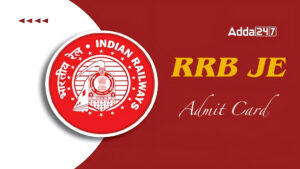 RRB JE Admit Card 2024 @indianrailways.g...
RRB JE Admit Card 2024 @indianrailways.g...
 NMDC JOT Admit Card 2024, Direct Link to...
NMDC JOT Admit Card 2024, Direct Link to...

